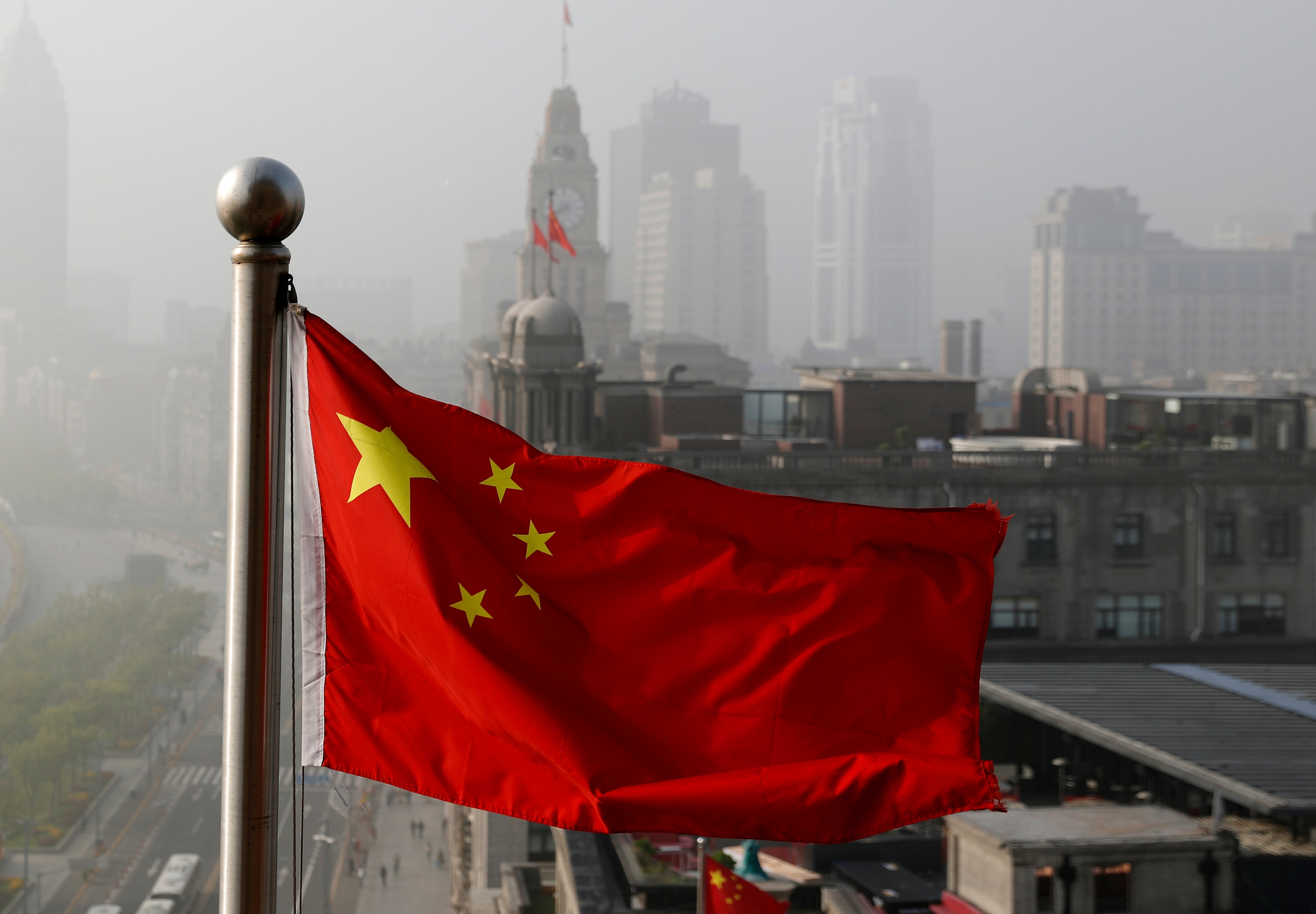China's critics and allies have 45 seconds each to speak in latest U.N. review of its human rights
China will face international scrutiny Tuesday over domestic polices in places like Hong Kong, Tibet and the western Xinjiang region as the global power receives its latest U.N.-backed review of its human rights record

China faces international scrutiny Tuesday over domestic polices in places like Hong Kong, Tibet and the western Xinjiang region as the global power receives its latest U.N.-backed review of its human rights record.
An extraordinarily high number of more than 160 countries — some critics of Beijing, some allies — have registered to take part in a discussion around China's rights record. That means each will have no longer than 45 seconds to speak.
China, whose delegation will be led by its top ambassador in Geneva, Chen Xu, can field a delegation that has up to 70 minutes to make its case.
The “universal periodic review” involves all U.N. member states coming up for scrutiny — at times a sharp one — by other countries roughly every five years. The hours-long discussion aims to offer constructive criticism that underpins a written a report that will offer recommendations, not criticism.
“These are all opportunities for countries to offer congratulations, criticisms and recommendations. Only recommendations expressly formulated as such ... are taken into account in the review report,” said Pascal Sim, the top spokesperson for the U.N.-backed Human Rights Council, which helps organize the reviews.
Several human rights groups had events planned outside China's review, and the Tibet Advocacy Coalition, the World Uyghur Congress and human rights defenders in Hong Kong were expected to hold a joint news conference after the proceedings.
Another advocacy group aims to speak out against the forced repatriation from China of women from North Korea who fled the reclusive nation under leader Kim Jong Un.
A pro-Tibet group planned a demonstration outside the U.N. Geneva compound during Tuesday's discussion.
On the eve of the hearing, Caoilfhionn Gallagher, a lawyer for Jimmy Lai, a former Hong Kong publisher on trial for national security violation, said she expects Lai’s case to be brought up.
Western governments are expected to call for his release and for the repeal of Hong Kong’s national security law, which was imposed on the territory in 2020 to end massive civil unrest. Critics say the law has been used to suppress civil society and undermine freedom of speech
“This is an opportunity for the international community to hold China to account for human rights abuse in Hong Kong,” Gallagher said. “What we’ve seen in the last number of years has been dismantling of civil society, criminalization of dissent, criminalization of critics of Beijing and Hong Kong authorities.”
On Monday, four independent human rights experts who work under a mandate from the council called for Lai’s release and for all charges against him to be dropped.
At China's last review in 2018, the United States and other countries voiced concerns about China's treatment of Muslim Uyghurs in Xinjiang.
Bookmark popover
Removed from bookmarks